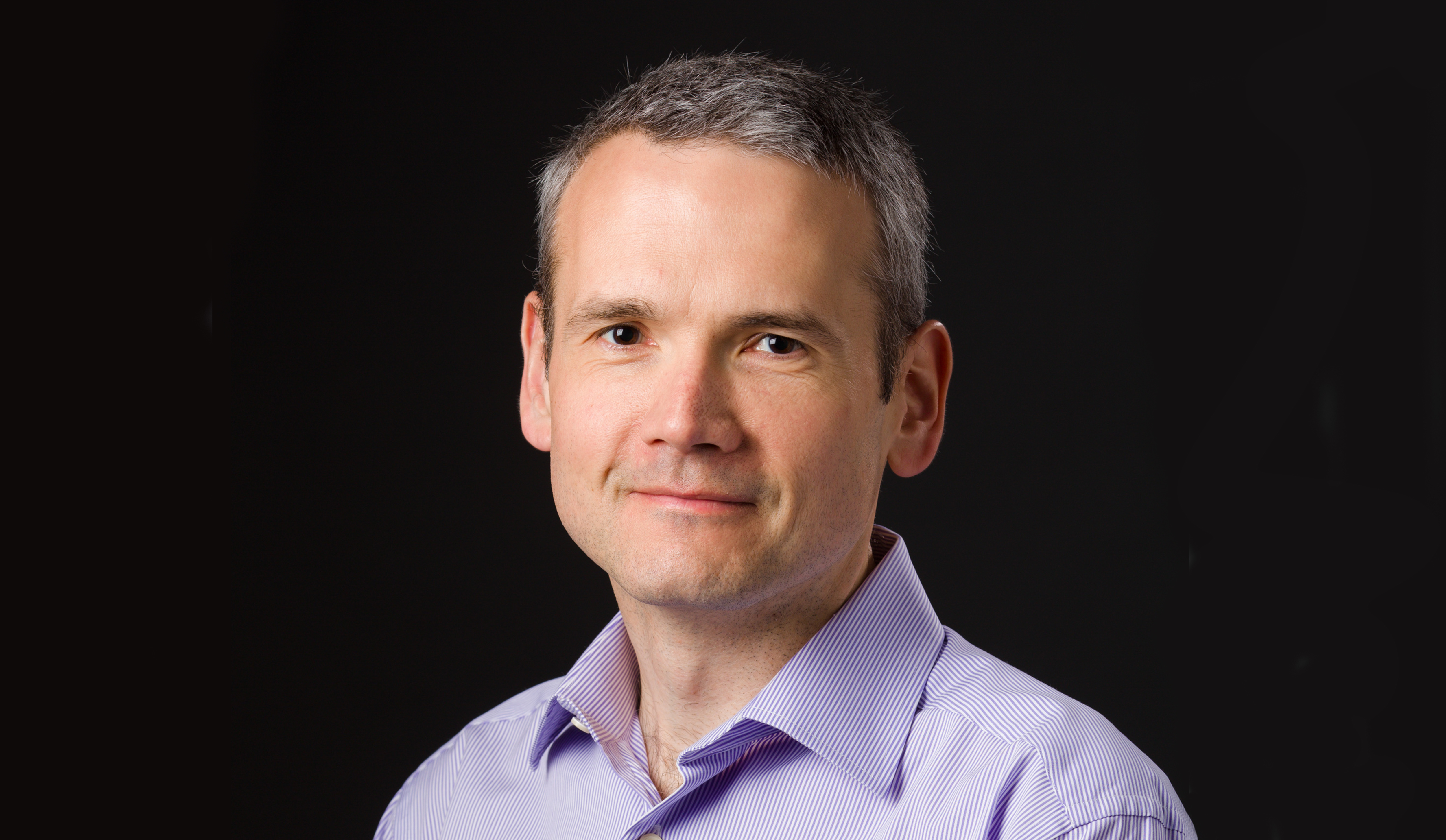The NOMIS Foundation, a Swiss-based philanthropic organization whose mission is to “create a spark in the world of science by enabling pioneering research in the natural sciences, social sciences and the humanities that benefits humankind and our planet,” is making a large five-year award for research into what makes the human brain unique.
The research will be a collaboration between the laboratories of James P. Noonan, PhD, associate professor of genetics and of neuroscience at Yale School of Medicine, and Franck Polleux, PhD, professor of neuroscience at Columbia University and a member of that school’s Zuckerman Institute. Their combined mission is to understand the brain and mind.

It is research that could not have been done as recently as 10 years ago. Noonan says new technologies, such as CRISPR genome editing, now enable researchers to rapidly generate “humanized” mouse models, in which human genomic sequences that encode novel biological functions are introduced into the mouse genome—enabling their effects to be studied experimentally in order to discover novel features of human brain development. “Of course, we cannot directly manipulate the human brain,” Noonan explains, “But these humanized mice can give us great insight, by allowing us to determine how those sequences act to alter brain development in a living system.
Valuable observations may also come through studying cerebral organoids, which are three-dimensional cellular models that reproduce aspects of brain development and function in miniature. Noonan says that Yale provides a particularly strong environment to do this work because one of the co-investigators on the project is In-Hyun Park, PhD, associate professor of genetics and member of the Yale Stem Cell Center. Park is a pioneer in the development of cerebral organoid technologies. According to Noonan, it is possible for Park and colleagues to build organoids that mirror structures of human, chimpanzee, and orangutan brains. These organoids can be compared to identify changes in the expression of genes, in cellular composition, and in how neurons communicate with each other that are unique to the human brain.
Discovering uniquely human mechanisms of brain development and function that are at present completely unknown would be an especially important achievement, Noonan adds. “The greatest thing in science is when you’re surprised.”
The Polleux lab at Columbia University will work toward identifying changes in brain circuitry and function, and notes that the funding from NOMIS is invaluable because “this is a very large project and we want to find answers to very large questions.” Polleux says the evolutionary scope is unique and will identify genetic mechanisms underlying human-specific aspects of brain development and function.
In addition to traits related to the development and function of the human brain, the investigators also hope to find clues to the origins of human neurodevelopmental disorders. “Unless we understand how the human brain is unique at the organic level,” Noonan points out, “it is hard to comprehensively understand how changes in brain function contribute to complex disorders such as autism.”
“The array of talent working on this project will be extraordinary and highly interdisciplinary, spanning across disciplines such as genetics, genomics, evolutionary biology and neuroscience. This is a truly pioneering endeavor, which illustrates the potential and the need for collaborative research networks to advance knowledge and science,” says Markus Reinhard, managing director of the NOMIS Foundation. “It is our privilege to be able to fund this exciting research, and add important insights to what we humans know about ourselves.”
The NOMIS Foundation supports and enables insight-driven science across all disciplines, focusing on researchers who put forth bold new ideas, exhibit a pioneering spirit, and seek to inspire the world around them.